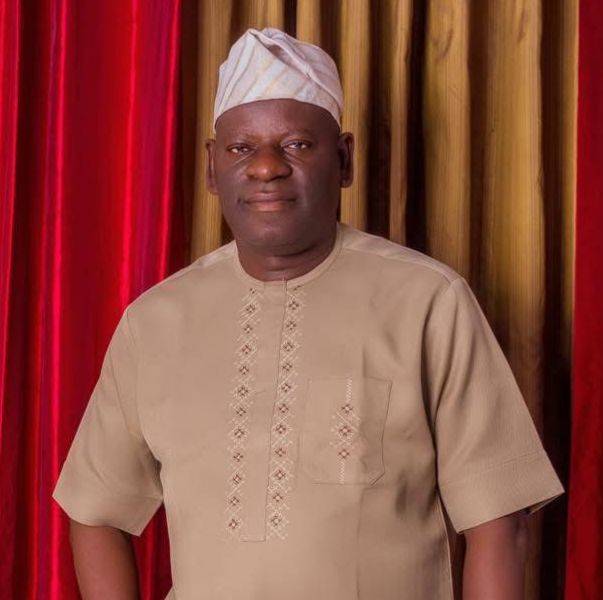Sleeping a little bit later, eating the right breakfast and getting some physical exercise can ward off morning grogginess and keep you alert through the whole day, according to new research from UC Berkeley.
If you feel sluggish when you first wake up and have to drag yourself out of bed or if you often hit that infamous afternoon slump, it’s worth giving their suggestions a try.
The researchers conducted a detailed study of 883 people over two weeks, during which time the subjects recorded everything they did, including what time they went to bed and woke up.
Participants were given different daily breakfasts to track how different foods affect alertness. And since the study included both fraternal and identical twins, researchers were able to show that genetics only accounts for 25 percent of your morning alertness or lack thereof.
“There are some very basic and achievable things you can start doing today and tonight, to change how you awake each morning, feeling alert and free of that grogginess,” said Matthew Walker, UC Berkeley professor of neuroscience and psychology and senior author of the research, in a statement released by the university.
He called these small changes, “a relatively simple prescription for how best to wake up each day.”
If you can’t make all three of these changes, even doing one of them will make a big difference, according to postdoctoral fellow Raphael Vallat, also an author of the study.
“All of these have a unique and independent effect.” he said. Here’s what the researchers recommend.
1. Get more sleep and wake up a bit later
The study seemed to confirm what many experts have been saying for years – most of us aren’t getting enough sleep. Walker – a well-known sleep expert – says virtually everyone needs between seven and nine hours a night to rid ourselves of that groggy feeling, officially called “sleep inertia”.
It turns out that sleep inertia has a very specific cause – adenosine, a chemical that accumulates in our bodies throughout the day and makes us feel drowsy in the evening.
If we don’t get those seven-to-nine hours, we may not clear all the adenosine out of our systems, so we’ll be stuck feeling a little sleepy as we start the day. And it will only get worse from there.
“Considering that the majority of individuals in society are not getting enough sleep during the week, sleeping longer on a given day can help clear some of the adenosine sleepiness debt they are carrying,” he said.
Most of us intuitively know that if we get more sleep and feel more rested, we’re less likely to feel sleepy. But why does it matter what time you get up? Because of your circadian rhythm, Walker explained.
“When you wake up later, you are rising at a higher point on the upswing of your 24-hour circadian rhythm, which ramps up throughout the morning and boosts alertness.”
2. Eat a balanced breakfast with lots of complex carbs
One of the most interesting findings in this study is that the high-protein breakfast that many consider to be healthiest did not give participants the greatest level of alertness.
Not surprisingly, a sugary, high-glucose breakfast led to the least alertness throughout the day. But subjects reported feeling most alert after eating a breakfast that was 77 percent carbs, 16 percent fat and 7 percent protein.
The carbohydrates were in a more complex form, which caused them to break down more slowly and avoided creating spikes in participants’ blood sugar levels.
It also helps if you avoid blood sugar spikes in general. Subjects wore glucose monitors during the entire experiment and researchers saw that when their blood sugar levels spiked, they were more likely to feel sluggish the following day.
3. Exercise today for a more alert tomorrow
Those who were physically active one day reported feeling less sluggish the following day. It’s not 100 percent clear to the researchers why that is. But there are a few possible explanations.
For one thing, getting exercise can help you sleep better and more deeply, which could lead to your feeling more refreshed and alert the the next day.
Also, exercise is a known mood-booster and it’s likely that when you’re in a better mood you also feel more alert.
“We did find a high correlation in this study between participants’ mood and their alertness levels,” Vallat noted. “Participants that, on average, are happier also feel more alert.”
While writing my new book Career Self-Care, I learned a lot about the importance of both getting plenty of rest and how happiness can make you more effective and more successful in every area of your life.
If these simple changes can help you feel both happier and more well-rested, that sounds like a pretty good deal to me.
Culled from INCAFRICA












